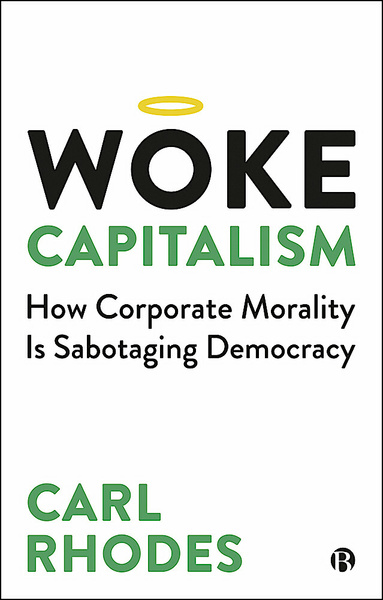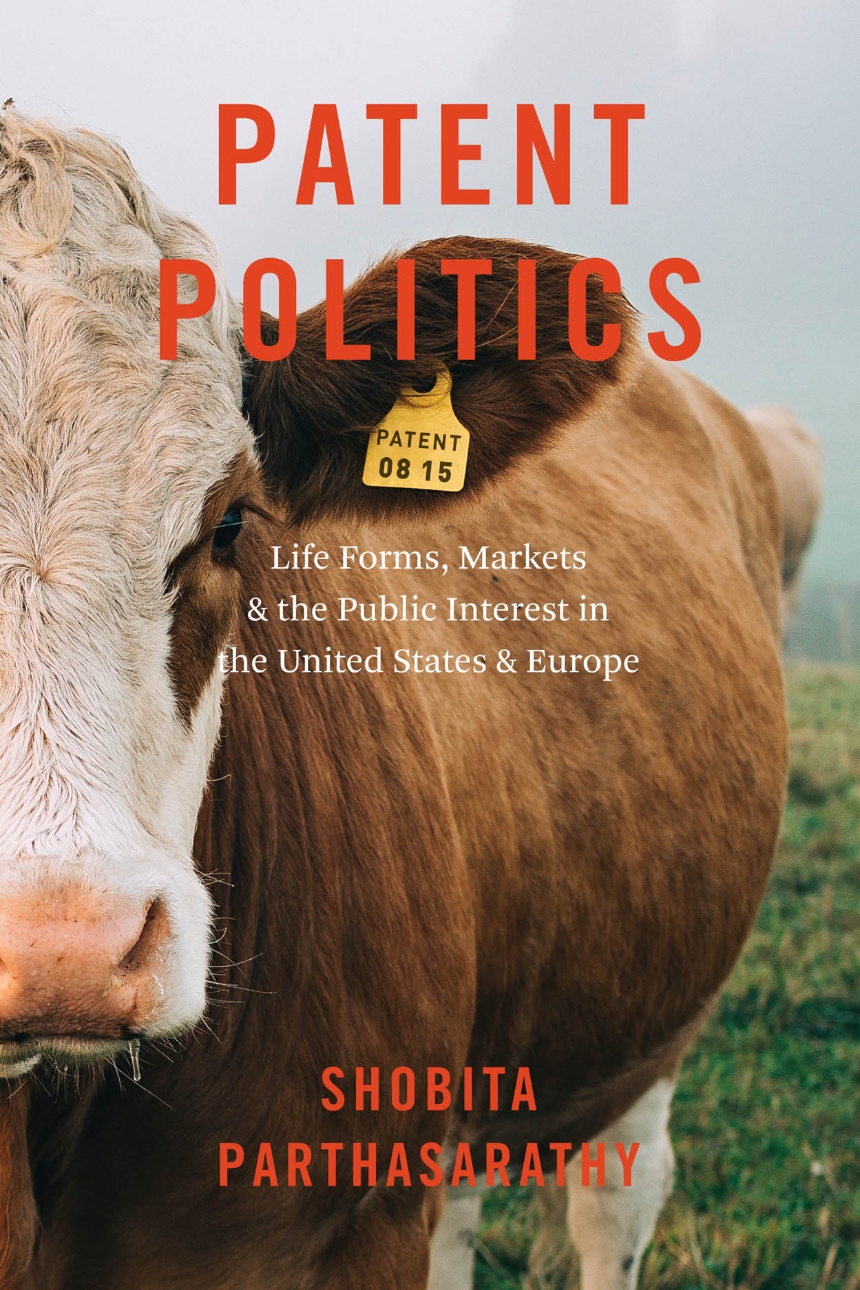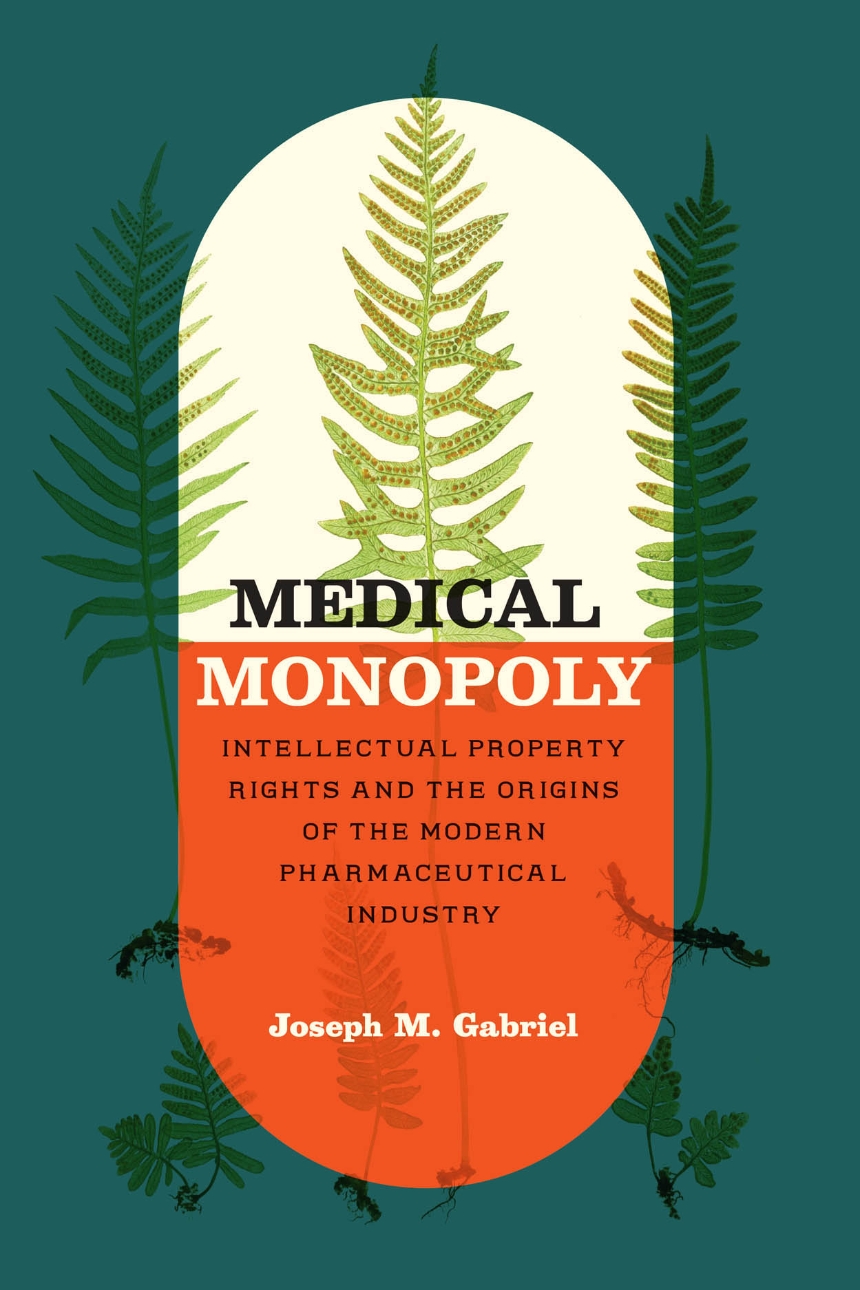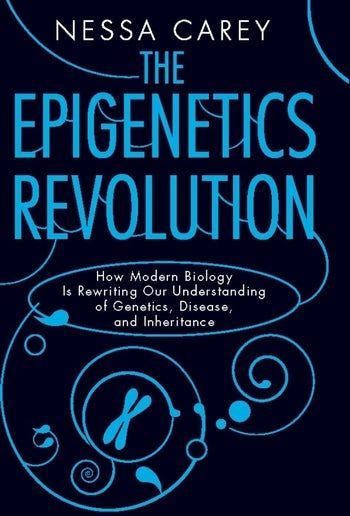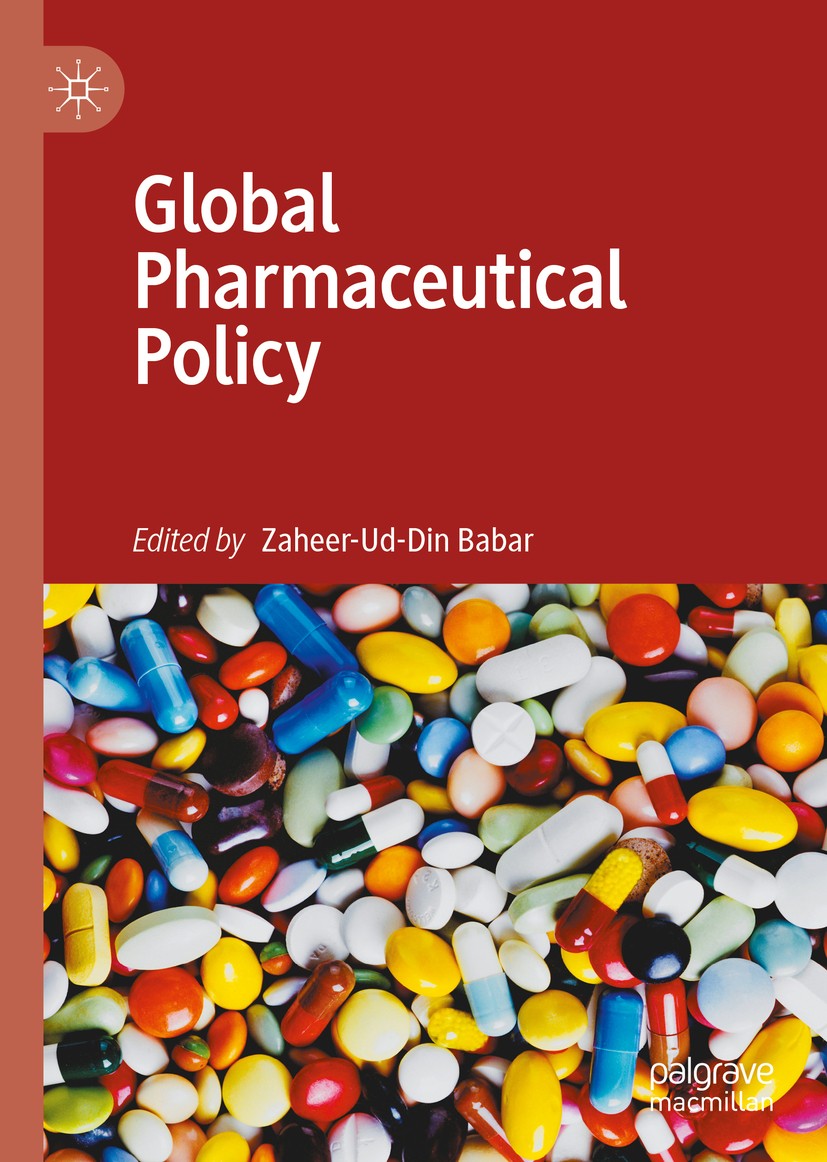The Life Worth Living. Disability, Pain, and Morality
The central argument of this book can be stated simply: the canonical idea that some lives are not worth living results from the ableist conflation of disability with pain and suffering. That is to say, the reason for this entrenched, tradition-spanning idea is the habit of thought wherein one conflates experiences of pain and suffering with experiences of disability—experiences whose form, mode, matter, or style of living is considered categorically outside ableist norms.
I offer the ableist conflation as a concept to capture the underlying presuppositions that guide ableist discourses and practices in philosophy; ethics; politics; medicine; local, national, and international policy; and beyond. Although it can take many forms, the ableist conflation involves some variation of at least the following four claims:
1. Disability necessarily involves a lack or deprivation of a natural good.
2. Deprivation of a natural good is a harm.
3. Harm causes or is itself a form of pain and suffering.6
4. Given 1–3, disability comes along with or directly causes pain and suffering.
The ableist conflation functions in part by capitalizing upon the ambiguity of the array of terms it involves. Disability, harm, pain, and suffering are all uncritically underdefined, as are the relations between them. A central goal of this book is to decouple disability and pain through phenomenological investigation and, by doing so, to dismantle the ableist conflation and the uncritical assumptions behind each of its operative terms.






